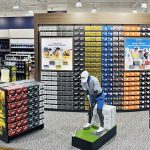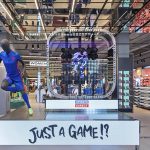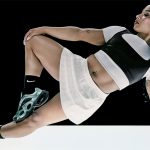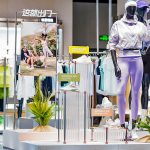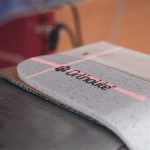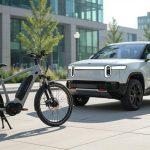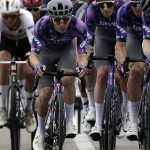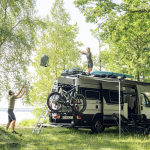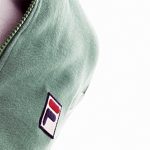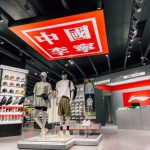Billabong International Limited announced it
has purchased the Honolua Surf Company apparel brand and its 19-store retail network. Derek ONeill, chief executive of Billabong International, says the Honolua Surf Company is an emerging brand with significant potential.
“This is an attractive acquisition for us because it slots so readily into our
existing base of skills and experience,” says Mr ONeill.
“The brand fits neatly within the surf-based lifestyle culture of Billabong
and we anticipate the bulk of its market will come from the 25 to 45 age
group.
“It is complementary to the core Billabong brand and brings opportunities
for a tightly focused approach to a much broader demographic spread of
customers.
“We also see important opportunities to further expand Honolua Surf
Company sales through our existing international distribution network.”
The purchase includes Honolua Surf Companys existing retail operation
comprising 17 stores in Hawaii and two in Las Vegas. The stores are
multi-branded outlets deriving about 60 per cent of their business from
Honolua Surf Company apparel, with Billabong the largest supplier of the
other established surf brands.
“The stores are performing well and operating on good margins and
Billabong, as a supplier, has had a long established relationship with the
founders,” says Mr ONeill.
The founders, Tom Knapp and Randy Blumer, are experienced in the
surfwear industry and will continue to be involved in the business in the
future. President Tom Knapp has run Honolua Surf Company since 1995
and is a former president of the Surf Industry Manufacturers Association.
Randy Blumer was a former vice-president of merchandising and
operations at progressive US retailer Pacific Sunwear.
“We are excited about joining the Billabong team and see tremendous
potential for Honolua Surf Company as part of this organisation,” says Mr
Knapp.
Billabongs Mr ONeill says the acquisition does not signal a fundamental
change in Billabongs approach to retailing.
“We will continue to be selective but the experience of the vendors will be
a great asset to the international operations of Billabong going forward,”
says Mr ONeill.
Billabong expects the acquisition to be earnings per share positive from
day one.
The acquisition will be funded by debt and paid in two instalments. The
initial payment on completion is 75% of the agreed purchase price. After
three years they will receive 25% of the initial purchase price plus an
incentive-based payment calculated on the increase in retail profits over
the period. In addition, they receive an annual earnout over 3 years
based upon continued employment.
Depending on the eventual earn-out, the purchase price is estimated to
be between US $10 million to $15 million.


